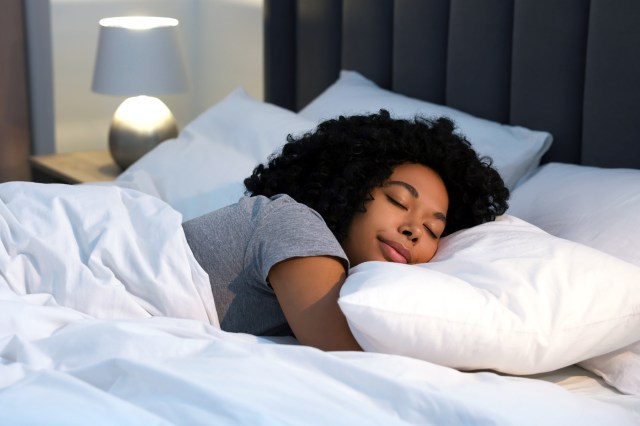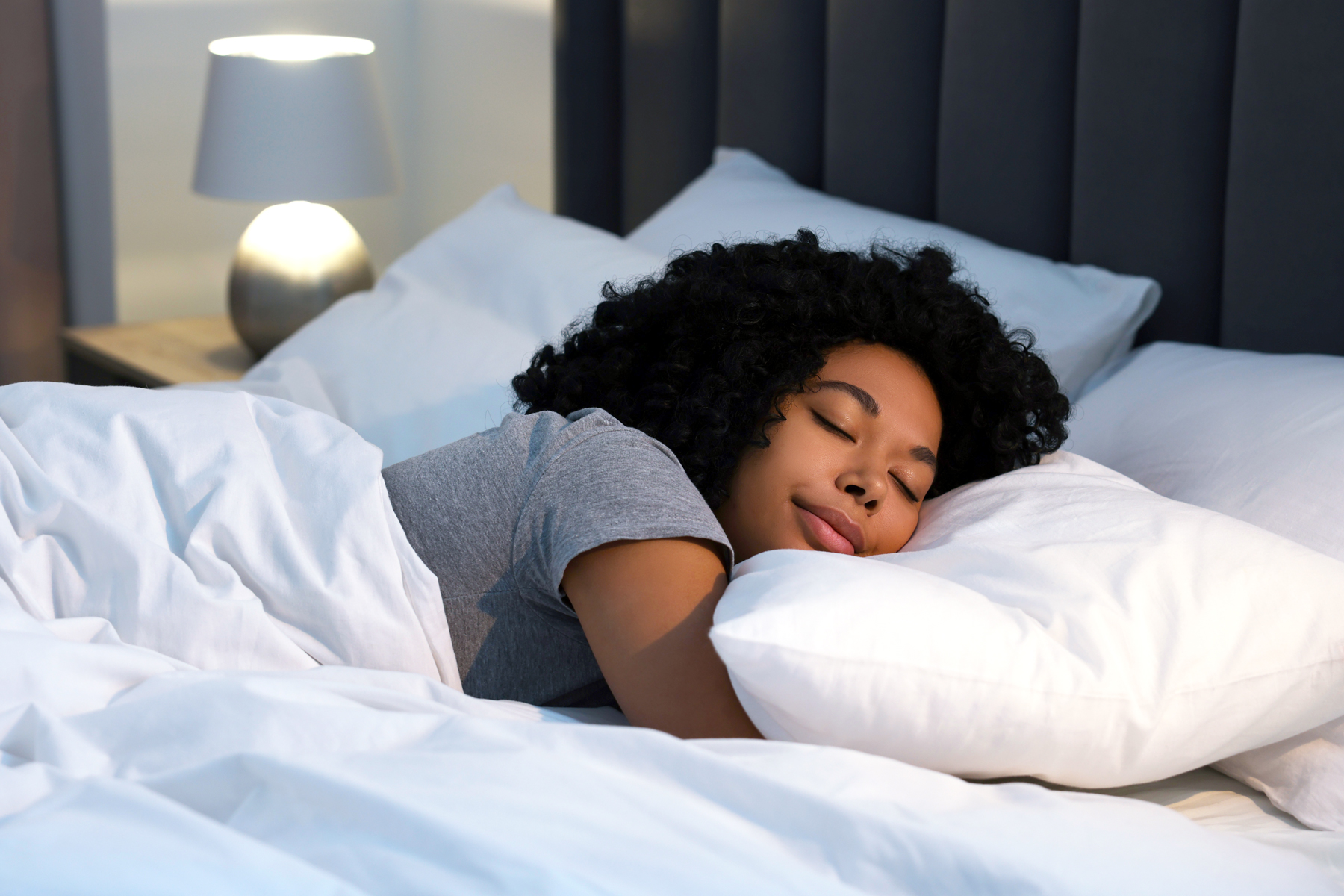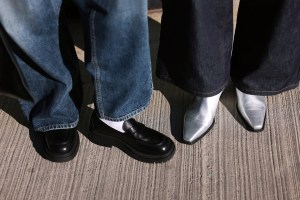We independently evaluate all recommended products and services. If you click on links we provide, we may receive compensation.
It’s 4 a.m. and you’re still awake. You turned on a white noise machine, you drank some chamomile tea, and you even tried counting sheep. But sleep simply isn’t coming. It’s time for some help.
Chances are, if you’ve ever had trouble sleeping, you’ve heard about melatonin. Whether someone personally suggested it to you or you heard about it while scrolling on social media, melatonin supplements are everywhere right now. But do they actually work? And how do they work? Most importantly, how much should you take? We asked a doctor for the details so you can get some shut-eye.

What Is Melatonin?
Melatonin is a hormone that our bodies naturally make. “It’s produced in the pineal gland when it’s dark,” says Los Angeles-based cardiologist Dr. Alejandro Junger, M.D., author and creator of The Clean Program. It turns on a few hours before what should be your bedtime in order to get your body in the “mood,” so to speak, for sleep.
That drowsy, lethargic feeling you get just before it’s time to turn in? That’s melatonin. It activates at night, but not all at once — it works over a few hours to ease you into sleep.
But some people don’t make enough to get tired, which can make getting to sleep difficult. That’s where melatonin supplements come in.

Can Melatonin Supplements Help?
Melatonin in itself does have the effect of making you sleepy, and the supplements, which you can usually find in capsule or gummy form, work the same way. “They have been shown to benefit restoring sleep cycles and overcoming jet lag,” Dr. Junger says. “Some people swear by them for sleep.”
Because melatonin helps regulate your circadian rhythm, it can work well for delayed sleep-wake phase disorder (DSWPD), some sleep disorders in children, anxiety before and after surgery, and yes, jet lag. Per the NIH, however, there is no data that suggests melatonin supplements can help people with insomnia who have trouble falling asleep, staying asleep, or both. According to the American Academy of Sleep Medicine (2017) and the American College of Physicians (2016), “there’s not enough strong evidence on the effectiveness or safety of melatonin supplementation for chronic insomnia.”
Since melatonin is something that naturally pops up at night, it’s best to take the supplements then. But give it a few hours to start working. “Melatonin should not be taken right before bed. It takes at least two hours from absorption until peak effect,” Dr. Junger says.

How Much Melatonin Should You Take?
If you’re thinking of using melatonin as a sleeping aid, Dr. Junger says to start with a low dosage of 1 to 5 milligrams and see how you feel. Melatonin can sometimes make you feel super tired the next morning, and some people have reported having strange dreams or nightmares when they take it. The Mayo Clinic even recommends not driving within five hours of taking it. If you experience any adverse side effects, chat with your doctor about your dosage or other sleep support options.

Who Shouldn’t Take Melatonin?
Anyone who regularly has trouble sleeping may want to consider melatonin. But again, ask your doctor for the best course of action, because there are some caveats: “If you are prone [to] or suffer from depression, make sure you are guided by someone with experience,” Dr. Junger says. “Pregnant and breastfeeding women should not use it, or patients taking medications such as antiepileptics, anticoagulants, immunosuppressant[s], and in general any medication that is broken down by the liver.”
The NIH also reports that melatonin supplements can last longer in older people and cause daytime drowsiness and dizziness. Because of this, the American Academy of Sleep Medicine recommends against melatonin use by people with dementia.
Melatonin won’t cure your sleep disorder or a chronic issue, but adding in lifestyle changes can help. Practice good sleep hygiene, including staying away from screens before bed, avoiding late-night snacks, and sleeping in a cool, dark room.
Now go forth, and get a good night’s sleep.
This article is for general informational purposes only.
Affiliate Disclaimer Medical Disclaimer














 Unique Beauty is free for all users.
Unique Beauty is free for all users.